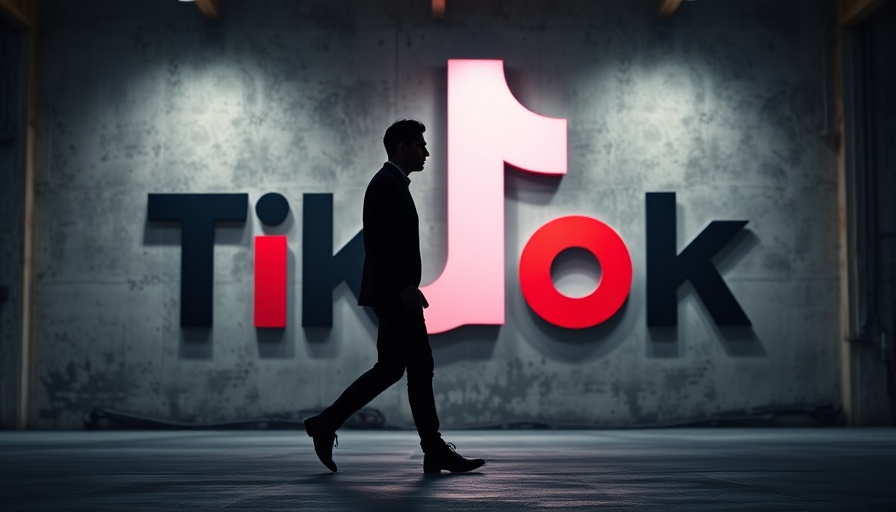
Albania Takes a Stance Against Youth Violence: TikTok Banned for a Year
In a bold move reflecting growing concerns over youth violence exacerbated by social media, Albania’s government has announced a year-long ban on TikTok, effective immediately. This decision, declared on March 6, 2025, follows alarming incidents, including a brutal stabbing of a teenage boy last November, which authorities attributed to conflicts originating on the popular video-sharing platform.
The Rise in Youth Violence Linked to Social Media
Education Minister Ogerta Manastirliu highlighted the rationale behind the ban, emphasizing that such actions stem from the overwhelming testimonies of approximately 65,000 parents who attended consultations advocating for restrictions on TikTok. The issue is not isolated; incidents of school violence linked to content on the platform have raised significant alarm among educators and parents alike.
Government's Dialogue with TikTok
In an attempt to mitigate these issues, the Albanian government aims to engage TikTok in a structured dialogue. Prime Minister Edi Rama has assured the public that the government seeks filters such as parental controls and age verification processes to be integrated within the app. They also requested the inclusion of the Albanian language, making the platform more accessible to locals.
Counterarguments and the Opposition's Viewpoint
The ban has not come without its critics. The opposition plans to hold protests against what they term an infringement on freedom of expression. Lawmaker Ina Zhupa labels the government's decision as a political maneuver rather than a genuine effort to protect children, stating it is an act of “intolerance” and “fear.” This illustrates a broader debate about the balance between safety and freedom on digital platforms.
International Context: Are Other Countries Following Suit?
This ban isn’t an isolated case in Europe; other nations have begun similar discussions. Countries such as Australia have implemented stringent regulations, banning social media for children under 16 to combat rising concerns about online safety. Germany and Belgium have also undertaken steps towards limiting minors' exposure to potentially harmful content.
The Psychological Impact on Futures Generations
At the heart of this conflict lies the question of how social media shapes youth behavior and mental health. As societal engagement with platforms like TikTok continues to rise, understanding the psychological impacts becomes critical. Parents are increasingly aware that social media's influence is not just superficial entertainment; it can perpetuate negative behaviors and desensitize youth to violence.
Potential Outcomes: Will the Ban Work?
As the Albanian government prepares to monitor the situation closely over the next twelve months, the long-term effectiveness of this maneuver is uncertain. Government officials will collect data and feedback, assessing whether the ban leads to a decrease in violence or if it becomes a temporary hindrance in digital freedoms. Just as some experts have noted, outright bans can drive problems underground rather than fostering constructive dialogues.
Moving Forward: Collective Community Action Needed
The measures taken by Albania represent a significant step in safeguarding children from the potential dangers of social media. Yet, it is clear that comprehensive solutions demand dialogue and co-action from all community sectors—parents, educators, and even the tech companies themselves. Critical discussions surrounding the responsibilities of these platforms in protecting their young users must take center stage.
Concerns over the impact of social media on minors are only expected to rise as technology continues to evolve. It is crucial for communities worldwide to consider what steps can be taken to foster safer environments, both online and offline. You can participate in local discussions, attend community meetings, or engage in advocacy work to promote policies ensuring the digital safety of children.
 Add Row
Add Row  Add
Add 




Write A Comment